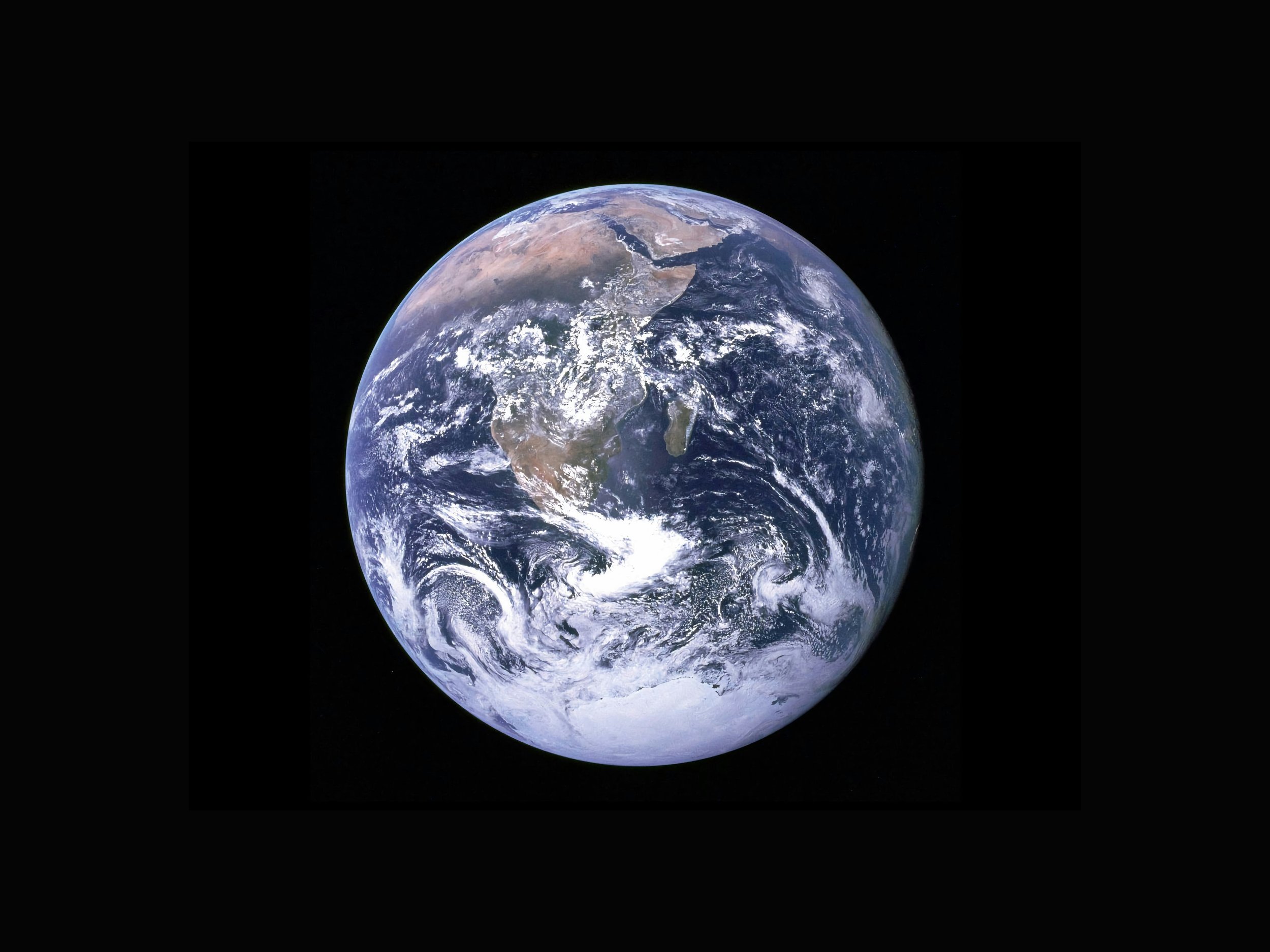
Earth Watch Blog
The Cherry Tree Dilemma: Mindfulness, Complexity and Traditional Ecological Knowledge (TEK) by Adrian Ayres-Fisher
In attachment blossoms fall, in aversion weeds spread. Dogen, Genjo Koan (1233 CE)
Smack in the middle of the back yard is a non-native, very short tree that, when I moved in, looked like a dwarf, would-be weeping willow. Scraggly, neglected, it stood just over five feet high, and its branches hung down to the ground all around. It took up a fair amount of space; of course nothing grew in its shade.
I did recognize it: a weeping cherry—not a naturally grown specimen of one of the beautiful Japanese varieties, but a “frankentree,” which, as Brian Funk of the Brooklyn Botanic Garden has written, “are the flowering cherries on sale at home improvement stores” that “look like mops, or umbrellas, or octopus trees.” They are created when “weeping cherry branches… are grafted onto a straight trunk that was cut off at five feet tall.” Well yes, exactly. Not only was it ungainly, but: what was the point of its existence, and what good would it do?
“Giving Back” by Roshi Robert Althouse
I recently watched this film NOVA film called “Secrets of the Forest” . It was so inspiring I watched it again, and then wrote this review. of the film.
There is a tradition among some Zen temples in Japan of reciprocity where monks, when drawing water from a well, are careful to leave some water that they pour back into the well. When June Roshi studied Lau Lapau with Papa Henry in Hawaii, he too taught this principle of reciprocity instructing his students, when gather medicine from plants and flowers in nature, to never take all the medicine from the plant, but to leave some.
Author and member of the Potawatomi tribe, Robin Kimmer says, “In Potawatomi ways of thinking, we’ve always said, ‘Well, how do I give back in return for what I’ve been given? We have a worldview that says that the forests are our relatives, they are our providers, they take care of us, and we have to take care of them.



